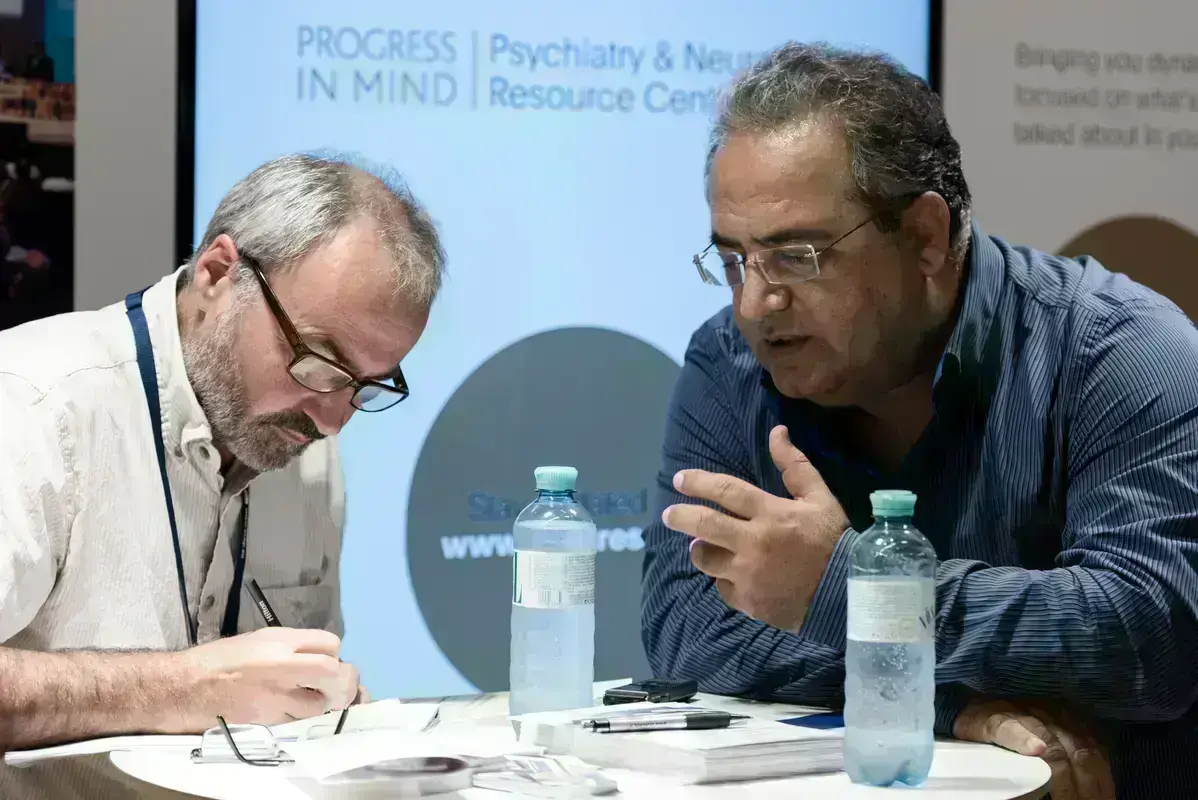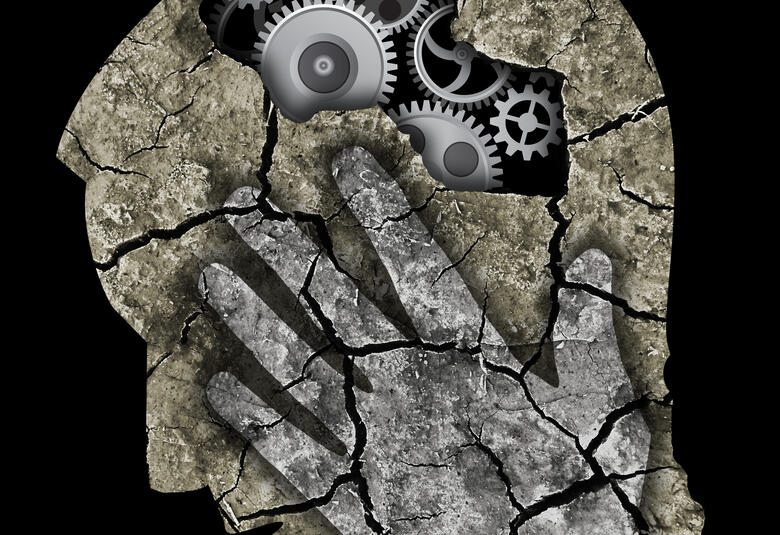How do you diagnose major depression (MDD)?
If I suspect major depression, I basically follow the DSM-5 criteria. Where I practise, it is difficult to use rating scales all the time unless you are doing research. One thing we watch for is the possibility of bipolarity. Depression can be the main component of bipolarity, but fewer than half my mood disorder patients have “pure” MDD.
You can make your diagnosis of depression but patients may change and develop hypomania or mania, in which case the whole treatment strategy has to alter to include mood stabilisers and perhaps antipsychotics, often in combination. But in doing this we have only experience to guide us. There are few studies of polypharmacy. That is a major challenge.
What other significant challenges do you find?
High rates of substance abuse pose difficulties. In our culture, patients tend to self-medicate with alcohol for insomnia, for example; and this confuses the picture in mood disorders.
Psychoeducation is challenging since you have to educate both the patient and the family about symptoms, the course of disease, and treatment. Many patients are not able to manage the disease themselves and have to bring a family member or friend. We need more patient networks to provide mutual support.
Fewer than half my mood disorder patients have “pure” MDD
What are the most significant advances you have seen?
Psychopharmacology, which is the core of treatment. Then there is the fact that interest in cognition is gaining ground, not just in MDD but also in schizophrenia and bipolar; and we are now being better informed about it. And I am following mindfulness since there are studies showing good results that help our understanding of resilience and vulnerability to depression.
How do you define remission?
Having a certain Hamilton or MADRS score is not enough. A patient can be normal on a depression scale but have other significant pathology.
Do you look for cognitive symptoms in depressed patients?
We are learning more about this concept. I am more aware that some symptoms are secondary to the cognitive deficits, which may be the prelude to depression and cause indecisiveness, for example. On the other hand, anhedonia means you are not in the mood to concentrate and can cause poor cognition.
Our correspondent’s highlights from the symposium are meant as a fair representation of the scientific content presented. The views and opinions expressed on this page do not necessarily reflect those of Lundbeck.




